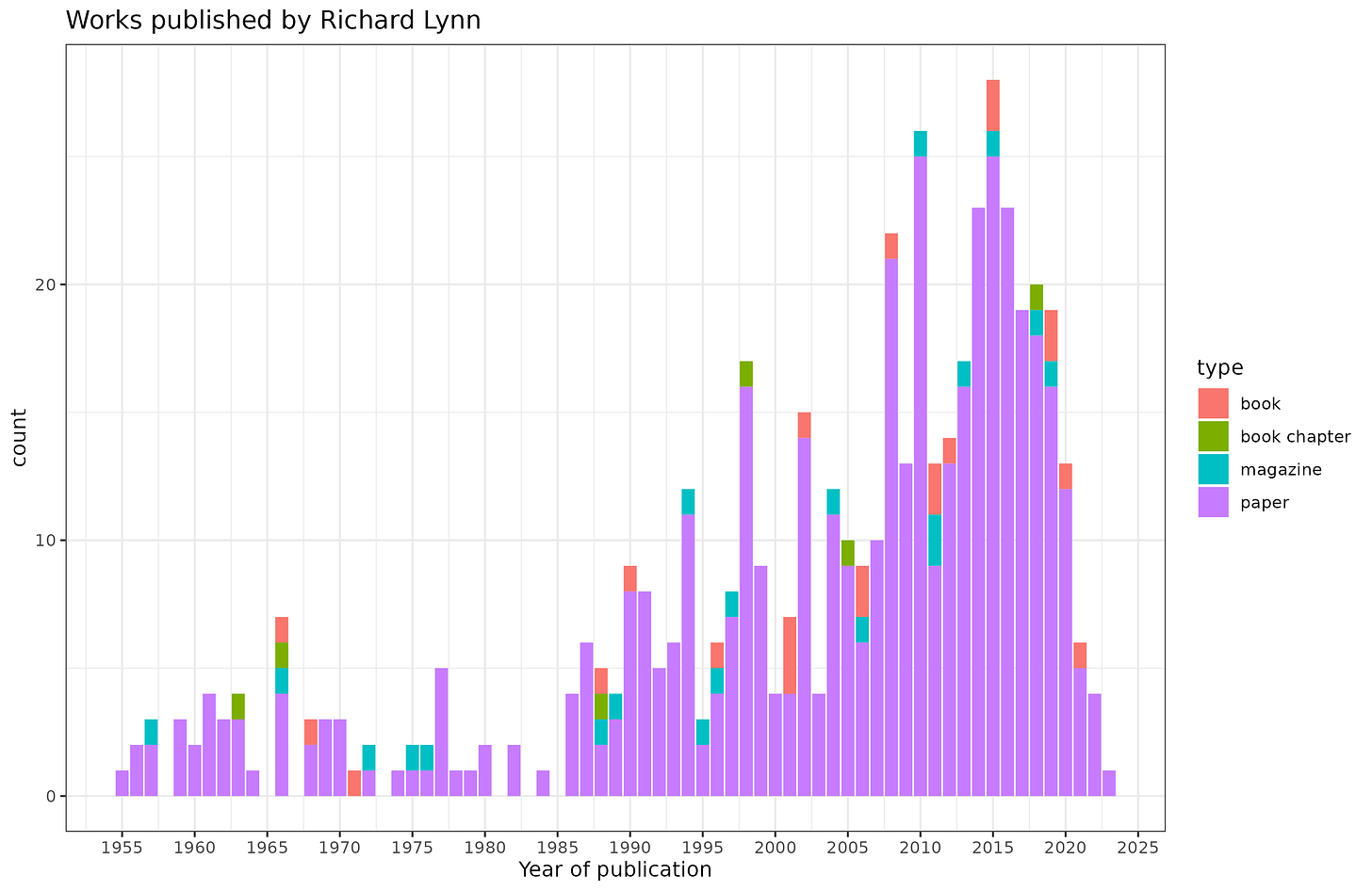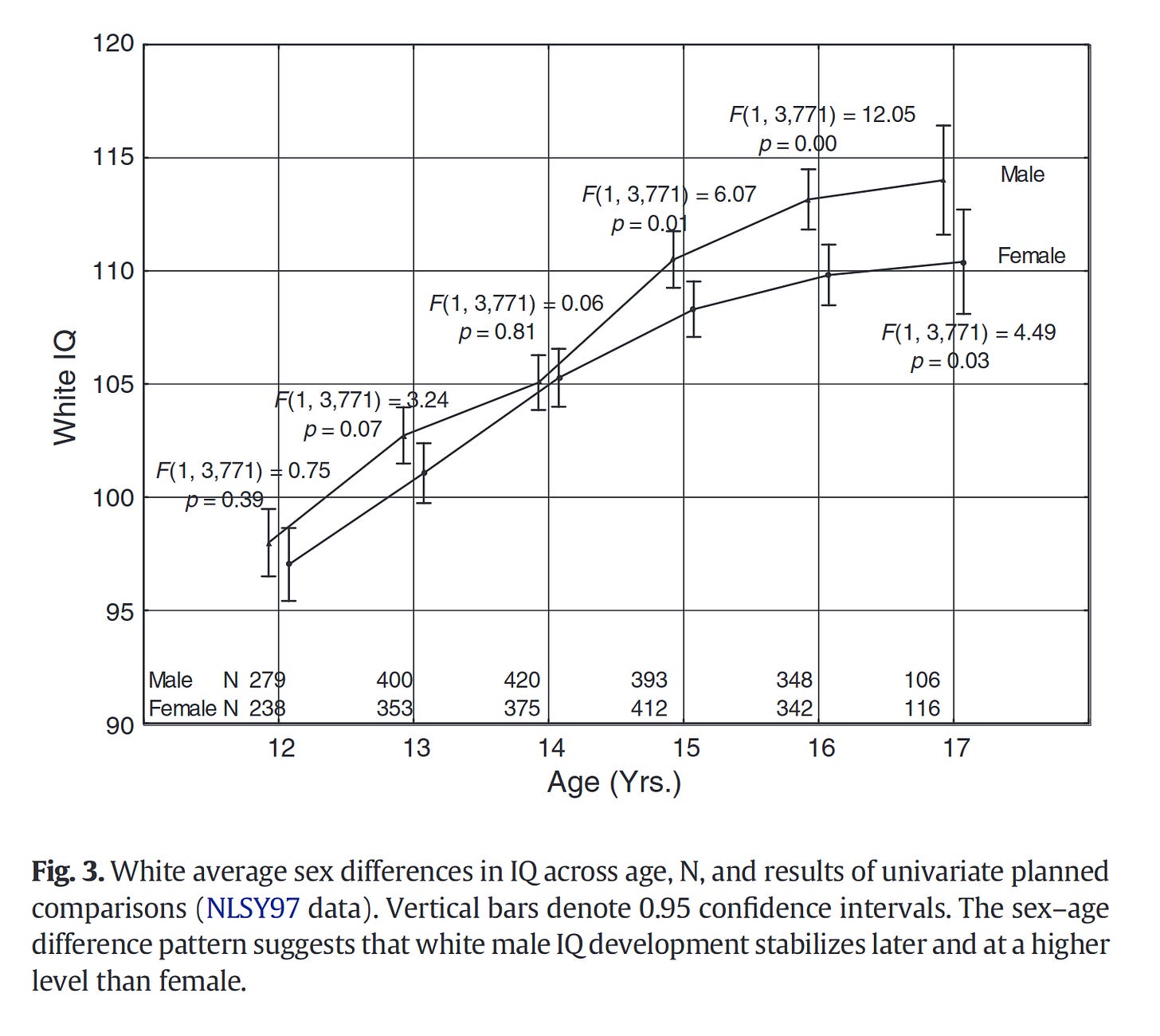Political Communication for Dissidents
Stregoneria Politica: Comunicazione politica non convenzionale
[Political Witchcraft: Unconventional Political Communication]
Guido Taietti
Rome: Altaforte Edizione, 2021
Guido Taietti, MA in political science, is an Italian patriot active in CasaPound. In addition to the book under review, he is the author of a Trattato sul sovranismo [Treatise on Sovereignism] (2019) and many articles in Italian periodicals. In May, 2023, he addressed the Scandza Forum in Tallinn, Estonia, but none of his writing has yet been translated into English.
Taietti is a specialist in political communication whose latest book offers a set of tactics for fighting back against the well-financed public communication system wielded by mainstream parties and “progressive” social media companies. Since many Americans are unaware of the nature and extent of this new system, I shall begin with a brief sketch of its explosive growth over the last generation.
The rise of the internet has benefited the world in all sorts of ways, but also subjected us to an unprecedented form of surveillance. From its beginnings in the 1990s, e.g., and simply as a byproduct of the search function it provides, Google collected a lot of data on its users. At first, this extra data was referred to as “digital exhaust” and ignored. But during the first decade of this century, the company learned how to mine it for clues to users’ likely future behavior. Amid the strictest secrecy, it developed a quasi-science of surveillance and manipulation combining aspects of artificial intelligence, statistics, machine learning, data science, and predictive analytics.
The first application of the new techniques was to advertising. As Harvard-trained social psychologist Shoshana Zuboff explains in The Age of Surveillance Capitalism, the ad business had previously been something of a guessing game: “The idea of being able to deliver a particular message to a particular person at just the right moment when it might have a high probability of actually influencing his behavior was the holy grail of advertising.” Google figured out how to do this, and its profits soared.
It did not take long for the company to see that the same techniques could be applied to electoral politics. CEO Eric Schmidt took a special interest in the presidential ambitions of Barack Obama, helping his 2008 campaign compile data on 250 million Americans, including (in Zuboff’s words) “a vast array of online behavioral and relational data collected from use of the campaign’s web site and third-party social media sites such as Facebook.” One consultant claimed: “We knew who…people were going to vote for before they did.”
Google’s role in Obama’s 2012 reelection was even more prominent:
The campaign knew “every single wavering voter in the country that it needed to persuade to vote for Obama by name, address, race, sex, and income” and had figured out how to target television ads to these individuals. One breakthrough was the “persuasion score” that identified how easily each undecided voter could be persuaded to vote for the Democratic candidate.
By now, the new science of mass surveillance and manipulation has long ceased to be a Google monopoly, with Facebook, Microsoft, Verizon, Comcast, and other companies appropriating the techniques and contributing to their further development. The same methods are routinely applied to electoral politics in Europe and elsewhere: a true revolution in political communication.
In his Scandza Forum address, Taietti provided a simple example of how the new system allows political messages to be tailored to different kinds of voters. Persons high in neuroticism tend to become more conformist under conditions of stress, whereas those on the autism spectrum or low in empathy react to stress in the opposite way, by becoming less conformist. So a political party trying to influence its target audience to “get with the program” might send stressful news items to the first type of voter and reassuring stories to the latter—in order to influence both in a similar direction.
This is a merely crude illustration of a system of algorithms capable of weighing dozens of variables such as sex, age, location, income level, tastes and hobbies, web-surfing and purchasing habits. And the use of recursive machine learning means that the system is constantly honing itself to higher levels of accuracy and effectiveness.
Especially for the younger generation, web-based social networks have largely displaced newspapers and television as the locus where political and cultural ideas are spread. With people now spending as much time on the internet as their parents did watching television, we are witnessing what Taietti calls “an inversion between real and virtual life” in which social media have displaced families, schools, the church, and even face-to-face peer groups as agents for socializing the young.
Taietti has had personal experience of the power wielded by social media. At one time he was the manager of CasaPound’s Facebook page, which by 2018 had twice as many followers as Forza Italia, the country’s ruling party. Then Facebook decided to take the page down and block any user who so much as mentioned the organization. Italian judges have ruled against such interventions in Italian politics by foreign companies, but Facebook ignores them: national sovereignty means little on the internet. As a result, the generation now coming of age barely knows of CasaPound’s existence, despite the organization having offices in over one hundred Italian cities, its own newspaper and radio station, and a long list of cultural organizations. For the young, if it is not on social media, it is not real.
On the other hand, the same social media companies have been hard at work convincing young Italians of the “coolness” of various forms of sexual deviancy, and they have succeeded to the extent that fully ten percent of those under twenty-four now “identify as gender fluid.” This in a country where the Communist Party had an anti-homosexual plank in its program until the 1980s!
As the reader can see, the whole phenomenon has totalitarian overtones, and no doubt many of the system’s developers hope and expect it to make them into our permanent masters. But it would be well to remember Sam Francis’s observation that scientism—the notion that the same techniques which have worked in the physical sciences can be applied to man and human society—is an integral component of managerial ideology. Although internet surveillance and manipulation are new, the mindset that accompanies them is hardly different from that of Frederick Taylor’s “scientific management” from the early twentieth century. And as has often been pointed out, scientism itself is a utopian rather than a scientific idea. There are likely to be intrinsic limits to the perfectibility of internet manipulation.
Our task as opponents of the regime and its ideology is to take cognizance of the new reality and develop ways of countering it. This is what makes Guido Taietti’s manual of unconventional political communication so significant: it is among the first conscious responses to the weaponization of the internet by the powerful. His goal is to help dissidents punch above our weight.
The first point to understand is that we cannot simply copy the capital-intensive methods of our opponents on a smaller scale. A general faced with a much larger army cannot afford a direct frontal assault, since when two similarly equipped forces meet in this manner casualties tend to cancel each other out and overall numbers determine the outcome. Instead, the outnumbered side must seek a weak spot in the opposing army and concentrate its limited resources there. Often gaining mastery of even a small part of the field can lead to victory in the battle as a whole.
To the would-be science of our opponents, we must oppose an art, one that substitutes willpower for resources, and discipline for algorithms. We can embarrass the big actors, interfere with their plans for us, and gradually cultivate a loyal following that escapes their control. We must seek to win over not the majority of the population—at least not yet—but to change the terms of the debate over particular themes important to us. As Taietti puts it:
A community of one thousand members (an entirely plausible number for a small political party today), or even merely of sympathizers, intelligently directed, can influence a political system with regard to a single theme more than ten thousand voters waiting for the election to mark their ballot and hope things will go a certain way.
Most often, the tactics of a small activist organization will be the opposite of what the big boys do. Parties running candidates for national office do their most important communication in the six-to-eight weeks leading up to elections, when public attention is heavily focused on them; activists are better advised “rest when everyone else is fighting, and fight when everyone else wants to rest.” Major parties seek to appeal to as many as possible, since anyone can vote; activists should seek instead to attract a small core of reliable sympathizers who trust them. Major parties seek good relations with mainstream journalism; activists should force a hostile media to report on them instead.
A good example of how a small activist group should deal with the media is provided by CasaPound’s pioneering use of a political flash mob technique in Italy. Wanting to promote home ownership and protest the difficulty first-time home buyers’ experience in obtaining loans, they put up effigies of hanged men in dozens of Italian cities with labels referencing “social loans” (their own proposal to solve the problem). The old media had little choice but to mention the action, which quickly became publicly notorious in any case, and then had to explain who was responsible and what it was all about.
A small organization of dedicated activists can influence the terms of public debate, propose alternatives, delegitimize the professional political class, mock and discourage opponents, establish its own sources of politically relevant information, selectively report items from the mainstream news that support its own contentions, or even highlight opposing commentary that is conspicuously idiotic or fanatical (think: Libs of TikTok). Taietti calls such techniques “political witchcraft” because they can achieve results in the real world by acting exclusively on the virtual level, seemingly defying the laws of material force.
The various degrees of political participation can be pictured as forming a pyramid, with most people at the bottom and ever smaller numbers as one rise to the top. Taietti distinguishes four levels.
The bottom layer is formed of voters, passive consumers of political communication. They may like to talk about politics, but merely as a kind of self-expression. They vote by “feel,” often identifying personally with a candidate: liking Obama because he seems “cool,” or appreciating Trump’s combativeness, but without any clear idea of what they hope their man will achieve.
Sympathizers represent the lowest grade of active political participation. They have some ability to defend the positions they take, and may influence the passive voters in their social circle. These are the sort of people who cause a certain meme or video to “go viral.”
Activists represent the highest grade of active participation mobilized for ideal incentives. They not only defend their positions, but adapt them to the expectations of their public. They are the fundamental component of small political groupings.
At the top are professionals, viz., party members and candidates. These people are personally ambitious: rather than seeking election in order to carry out a program, they often chose a program simply to help themselves or their party get elected. In other words, they tend to be opportunists, specialists in getting the general public to vote for them, and can follow a changing party line in order to do so.
Mass politics is largely an affair of the lowest and highest levels of participation, i.e., political professionals who are experts at extracting the all-important 50%+1 of the vote from the mostly passive masses with the goal of getting into and retaining office. Smaller dissident groups tend to be formed of activists catering to sympathizers, as well as aiming for those members of the general public who can be raised at least to sympathizer status. For such activists, elections are merely an instrument, with the goal being a specific form of political change.
Taietti’s own organization, Casa Pound, once tried to make inroads into electoral politics without much success. The organization has now renounced this strategy and no longer nominates candidates for office. That does not mean, of course, that they are without crucial influence on Italian politics through the pressure they are able to exert on those actually in office. How they do so is well-illustrated by their role in thwarting the left’s campaign to introduce citizenship by Ius soli into Italian law.
Like most of the world’s countries, Italy determines citizenship by Ius sanguinis, meaning that a child of Italian parents is automatically Italian, wherever in the world it happens to be born. Under the Ius soli principle, anyone born on Italian territory would be considered Italian. America is currently saddled with an especially pernicious form of Ius soli under which even the offspring of illegal entrants are automatically treated as Americans: a situation which has given rise to such mockeries of American citizenship as anchor babies, birth tourism, and heavily pregnant Mexican women sneaking through the underbrush along the border in order to give birth in American emergency rooms.
For obvious reasons, Italian advocates of demographic replacement have been keen to get such a system adopted in their country. In early 2018, they thought they saw their chance. Italy was governed by an unpopular left-wing coalition that was generally expected to lose the next election. Under these circumstances the ruling parties calculated that they might as well sacrifice a little of their remaining popularity by enshrining Ius soli in Italian law while they had the chance. This would not change the outcome of the coming election, but it would provide them with an endless source of non-European clients for the future.
The opposition center-right party, Matteo Salvini’s Lega, knew Ius soli was unpopular and promised to fight it in parliament. Still being in the minority, however, they saw little chance of winning such a fight. Yet this did not disturb Salvini overmuch, since he figured such a loss would give him a popular issue to campaign on in the coming elections. So Lega opposition was half-hearted at best.
Casa Pound knew differently: there was no use winning elections if the very concept of citizenship got hollowed out. Losing a parliamentary contest over Ius soli would make protecting national sovereignty much more difficult and provide a permanent incentive to immigration—all so that Salvini’s party could gain a few extra votes in the coming election. So they raised hell: hundreds of angry comments by party activists appeared under every newspaper article on the subject; they demonstrated in front of the Italian parliament building in Rome, and their clashes with police were seen by millions of Italians on the evening news. Despite years of media demonization, Casa Pound succeeded in generating a lot of popular sympathy in connection with this issue, even among Italians who would never have considered supporting the party in general.
The Lega realized it could no longer maintain a relaxed attitude toward an issue rousing such passions, so they tacitly adopted Casa Pound’s line as their own and brought the issue into the spotlight. The more moderate elements of the still-ruling left-wing coalition started backing off, afraid any support for Ius soli would brand them for life and ruin all their future electoral prospects.
In effect, Casa Pound had forced the Lega to fight for their position regarding an issue that would not have been electorally decisive for the Lega itself.
This is how small activist organizations can have a crucial influence on politics even without being able to obtain anything like majority support from the electorate, and it is an especially important model for countries with first-past-the-post voting systems that favor mass parties and prevent smaller electoral parties from gaining much of a direct voice in government. If members of such an activist organization do see opportunities to run in local elections, they can always do so as candidates of one of the major parties. Here again, Taietti cites an Italian example: the Radical Party never had more than a thousand members, but they allowed and even encouraged their members to join other parties as well, thus exercising significant influence on Italian politics in the 1970s and 80s.
It is more important for small activist organizations, however, to construct a social environment that makes its sympathizers feel they are a part of something, that gives meaning to the time they donate to the cause even in the absence of immediate political gains. The Casa Pound centers in Italian cities are not just party headquarters but also pubs, bookshops, and often gyms. Some provide supplementary classes for students and martial arts training. Young people make friends there, finding an escape from the anomie and social atomization outside. They are drawn into a community of shared values, becoming disposed to dedicate time and resource for their vision of the world.
Even the history of the Italian Social Movement (MSI), founded in 1946 by former fascists, holds some useful lessons for today’s dissident groups. Although it regularly received millions of votes, sometimes rising to more than 8% of the total, MSI was shunned by all the other political parties as the embodiment of evil. As Taietti stresses, such shunning was largely opportunistic political theater meant to increase the relative weight of the other parties and their value as coalition partners—much like the cordon sanitaire against anti-immigration parties today—but everyone pretended to believe it was a matter of moral principle. And the strategy was effective: when a Christian Democratic government showed signs of softening toward MSI in 1960, the communists responded by sponsoring deadly riots, and the experiment was never repeated.
Supporting MSI in those years made little sense. You risked being beaten up at school, fired or ostracized at work—even killed, if you had any important role in the organization. There was no way to make a career by joining such a party. Yet MSI survived. It built a parallel world to defend its own people, who simply ignored the entire mainstream press. Instead of renting meeting halls, they purchased their own from member contributions so that no landlord could evict them after the fifth Molotov cocktail attack. Party members sent their children to special private schools with the children of other party members; in the summer, the young went to countries like Spain and Portugal to listen to the war stories of old fascist fighters finishing out their days in exile from their homeland.
Over the years, the younger generation came to accept that any restoration of fascism was impossible and undesirable. The party reformed and split, with one of its successor organizations providing the environment in which Italy’s current Prime Minister Georgia Meloni got her start in politics. Upon her election last October, of course, the mainstream press clutched its pearls and affected to believe Mussolini was rising from the dead.
It is an example with much to teach today’s dissidents, whatever opinion they may hold of Italian fascism.







 Sleazy Semitic sex-pest Nick Cohen finds a new home
Sleazy Semitic sex-pest Nick Cohen finds a new home Anthony Julius loves money, not free speech
Anthony Julius loves money, not free speech




